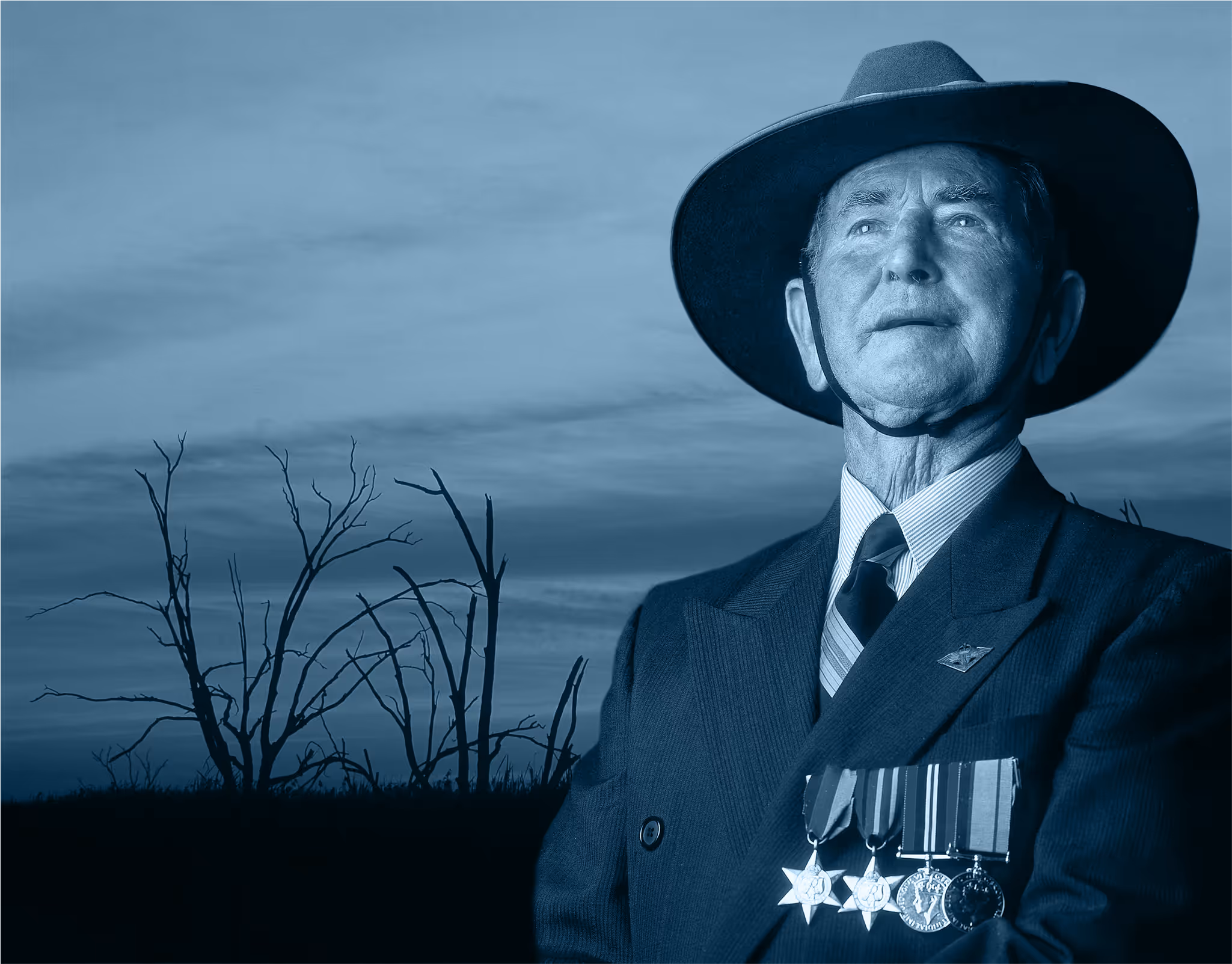For many veterans, the toughest battles begin long after their service ends. If you are struggling with your mental health, it is vital to know two things. You are not alone, and your condition is a recognised service injury for which support is available.
Navigating a DVA claim when you are already feeling overwhelmed can seem impossible. This article provides a clear, step-by-step guide to the process.
Your first step. Getting a formal diagnosis
This is the non-negotiable starting point for any mental health claim. You cannot lodge a DVA claim for "stress" or "feeling down." You must have a formal diagnosis from a qualified medical professional.
The process should begin with your GP. They can create a mental health plan and provide you with a referral to a psychologist or psychiatrist for assessment. A clear diagnosis of a specific condition, such as Post-Traumatic Stress Disorder (PTSD), Major Depressive Disorder, or an Anxiety Disorder, is the foundation of your claim.
Proving the link to your service
Once you have a diagnosis, you must prove to DVA that your condition was caused or worsened by your time in the ADF. This "link" or "nexus" can be established in several ways.
- A single traumatic event such as combat exposure or a serious accident.
- A period of sustained stress like a difficult posting, workplace bullying, or traumatic duties.
- Secondary to a physical injury. For example, chronic pain from a service injury leading to depression.
Evidence to support this link can come from your personal statements, service records, and statements from mates who knew you at the time and witnessed a change in you.
A mental health condition is just like any other service injury. It needs to be diagnosed, documented, and linked to your service with clear evidence.
The importance of a Specialist report
A diagnosis is essential, but the most powerful tool in your claim is a comprehensive report from your psychiatrist or psychologist written specifically for DVA purposes.
This report should not only state your formal diagnosis. It should also provide a professional opinion that directly links your condition to the specific events or period of your service. It acts as the expert testimony in your case and is weighed heavily by DVA decision-makers.
You Are Not Alone in This Process
We understand that preparing a detailed claim is the last thing you want to be doing when you are struggling with your mental health. The process itself can be stressful and re-traumatising for many.
You do not have to do this by yourself. Our role is to take the administrative and strategic burden from your shoulders. We work with you and your doctors to build a comprehensive, decision-ready case so that you can focus on your treatment and wellbeing.
Taking the step to claim for a mental health condition is an act of courage. It is an acknowledgement that you need support, and that you deserve it. If you are ready to take that step, we are here to guide you through the process with understanding and expertise.
If you need immediate support, please contact Open Arms – Veterans & Families Counselling on 1800 011 046, available 24/7.








